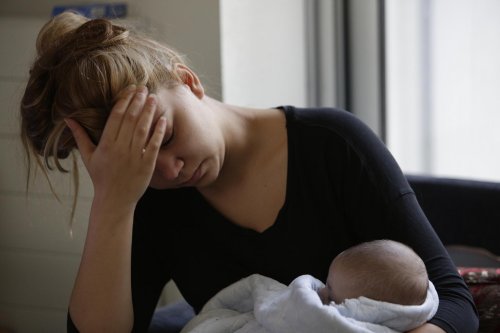For some years now Barcelona has implemented a model of a city that corners those that do not fit within its triumphant paradigm of prosperity and European modernity. The maximum exponent of this discussion is 22@, a new neighborhood that has been built on the most northern border of Poble Nou. Once an industrial area, it has become instrumental to the municipal government’s business expansion plan. It’s in this same neighborhood where La Nave (warehouse) is situated.
La Nave was the home for approximately 300 people of all ages and nationalities including Africans, Rumanians, South Americans, with or without documentation, as well as Spanish. Most of them shared a common story: it was not long ago that they each had a job and a home. Jobs were terminated and they couldn’t stay in their homes. The system pulled them into social exclusion, therefore they did the only thing they could do…they organized. They found a location, refurbished it and brought together others in the same situation, and although some didn’t like the place, it was better than the streets. They found security and a way of making a living by collecting spare tin and selling it to wholesalers of recycled metal. They built a sense of community and created their own infrastructure, with bars to congregate in which served affordable meals, A storage a sorting place for the scrap collected, which had become the main sources of income for most in La Nave.
A new battle was added to the daily struggle. In July 2102 they were threatened with eviction – losing the place they had come to call home. The Iglesias Baciana family, who owned the property as well as a real estate company got a court order for eviction on July 16th of the same year. The family refused all negotiation. It just so happens that the same family owns the Fundacion Maite Iglesias Baciana which helps young women that live in poverty around the world, including Africa. In the end, after much social pressure and hard work by La Nave’s lawyers they were able to stop the eviction.
Nevertheless, the property owners pressed charges again and this time, the jury went in favor of the property owners. From this moment on, the inhabitants of La Nave together with different agents of the city’s social network denounced this extreme vulnerability in which over 300 people would find themselves: unemployed, homeless and many of them with an irregular legal status that made it impossible for them to find work, a home or access to medical care aside from being vulnerable to persecution from immigration police.
The City of Barcelona reacted to the pressure from the media and promised that if the inhabitants cooperated and left their homes, they would be granted a temporary housing for the duration of one month, a job placement program, and favorable reports to facilitate access to the "documentation" for all the inhabitants of La Nave.
Following the eviction of July 24, none of these promises have come to fruition. In some cases, it is true that people that had been evicted were assigned living quarters in city shelters but without keys and with obligatory hours of entry and exit of the facilities. None of the people evicted feel that the City Hall came through with their end of the bargain. It was especially scandalous that none of the shelters even had a kitchen which made nutrition very expensive and complicated.
Feeling abandoned and betrayed, in an act of protest, the inhabitants of La Nave locked themselves inside a church in Poble Nou in order stress their struggle and to pressure the municipal government. When after three days of lock down, they received more promises of improvements they decided to leave their confinement, which had become hard to sustain as with few exceptions, they did not receive much support from local activist circles this time around.
Today, most of the former inhabitants of La Nave continue to have the same issues they had the morning of their eviction but without the safety net provide by the collective in La Nave. Their struggle for their basic rights and subsistence reflect much deeper structural problems in regards to the relationship of Old Europe and migrants. Many inhabitants of La Nave are beginning to present their grievances, and as citizens they are denouncing the collective marginalization and the institutional aggression shown them because of their status as impoverished migrants.
Groundpress Collective retains the copyright over their work.
Contact Groundpress here
Visit their website: www.groundpress.org








